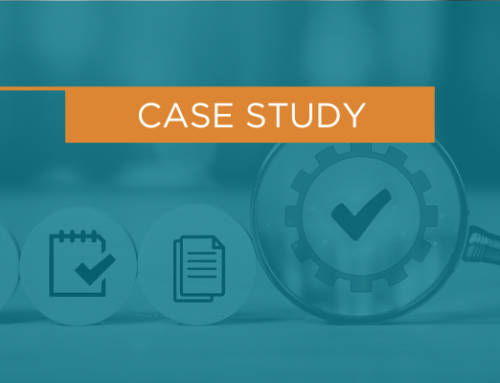In the world of accounting, where numbers are our bread and butter, trust is the secret sauce that keeps everything together. As CPAs, we’re not just number crunchers; we’re trusted advisors, stewards of financial truth, and, dare I say, the superheroes of spreadsheets. But let’s face it—trust isn’t something you can just add to your LinkedIn profile. It’s earned, nurtured, and meticulously maintained.
Trust: The Cornerstone of Client Relationships
Imagine trying to build a house without a solid foundation. It’s like trying to balance your budget after a weekend in Vegas—an exercise in futility. The same goes for the relationship between a CPA and their clients. Trust is that rock-solid foundation. Without it, everything else crumbles. Clients come to us not just for our technical expertise but because they trust us to guide them through the financial labyrinth with integrity, transparency, and a bit of flair.
The Power of Transparency
One of the quickest ways to earn a client’s trust is through transparency. Be upfront about what you can and can’t do, and more importantly, what you should and shouldn’t do. No one likes surprises, especially when it comes to finances. By setting clear expectations from the start, you eliminate the potential for misunderstandings and build a relationship rooted in honesty. Remember, clients appreciate a CPA who tells it like it is—without sugarcoating the tough stuff.
Consistent Follow-Through: The CPA’s Superpower
We’ve all heard the phrase “actions speak louder than words.” In the CPA world, this couldn’t be truer. Following through on your promises is essential. If you say you’re going to deliver that audit report by Friday, you better have it in their inbox before the clock strikes 5 PM. Consistency in your actions shows clients that they can rely on you, which is a fundamental building block of trust.
Pro tip: Consistent follow-through doesn’t just apply to big-ticket items. The small things count too. Answering emails promptly, being on time for meetings, and delivering on those “I’ll get back to you on that” moments all contribute to a perception of reliability. And in the world of CPAs, reliability is currency.
Trust and Long-Term Relationships: A CPA’s Best Friend
Here’s the thing about trust—it compounds over time, much like interest (and we all know how powerful that can be). Building trust with clients doesn’t just lead to repeat business; it creates long-term partnerships. Clients who trust you are more likely to turn to you for additional services, refer you to others, and stick with you through thick and thin. In the world of accounting, trust isn’t just a nice-to-have; it’s a must-have.
Consider this: would you rather be the CPA who churns through clients every tax season, or the one who’s got a roster of loyal clients who wouldn’t dream of going anywhere else? Trust is what makes the difference.
Best Practices for Building and Maintaining Trust
So, how do you keep the trust train chugging along? Here are a few best practices to ensure you’re always on track:
- Be Honest, Even When It’s Hard: If a client’s idea is going to land them in hot water with the IRS, it’s your job to tell them. They may not like it, but they’ll respect your honesty—and that respect fosters trust.
- Communicate Regularly: Keep clients in the loop, even when there’s no major news. Regular check-ins show that you’re thinking about their business and that you’re proactive, not just reactive.
- Admit Mistakes: No one’s perfect, not even CPAs. If you make a mistake, own it, fix it, and move on. Clients appreciate the human touch, and nothing builds trust like admitting you’re human.
- Stay Educated: The world of accounting is constantly evolving. Keeping up with the latest regulations, technologies, and best practices shows clients that you’re committed to your profession and their success.
- Listen More Than You Speak: Clients often tell you what they need if you’re willing to listen. By truly understanding their concerns, you can offer solutions that build trust and deliver real value.
Trust: The Legacy of a CPA
At the end of the day, trust isn’t just something you build; it’s something you leave behind. It’s the legacy of every good CPA. When clients think of you, they should think of someone who was not only skilled with numbers but who handled their financial matters with the utmost integrity. That’s the kind of trust that leads to a flourishing practice and a fulfilling career.
So, fellow CPAs, let’s continue to be the guardians of trust in our profession. After all, in a world of balance sheets and tax codes, trust might just be the most valuable asset we manage.




